
The SFI CONNECT Research Centre for Future Networks, represented by QxLab’s Dr Andrew Hines (CONNECT Funded Investigator at UCD), has won the 2018 US-Ireland Research Innovation Award in the category of ‘Research Centre with links to the US corporate sector in Ireland’.
Read Irish Times coverage here.
The award was jointly presented by the Royal Irish Academy and the American Chamber of Commerce to recognise excellence in research innovation. The announcement was made on Friday, 18 May at the American Chamber of Commerce annual dinner at the Clayton Hotel, Burlington Road, in Dublin. The event was attended by the Minister for Business, Enterprise and Innovation, Heather Humphreys, T.D.; the President of the Royal Irish Academy, Professor Peter Kennedy; and members of the US-Ireland business community.
Andrew’s project is a collaboration with Google and is called ViSQOL, a software platform for evaluating audio quality on the web by “looking” at sounds. It can predict sound quality in a wide range of internet scenarios from streaming music and video conferencing to virtual reality 3D spatial audio.
Based on previous research undertaken by Andrew to examine how speech would sound from different hearing aids, Google have supported the development of this research innovation to examine its application in video-conferencing. The result is ViSQOL: a software platform that can predict sound quality in a wide range of internet scenarios including music, video streaming, video conferencing and virtual reality 3D spatial audio.
Andrew’s work spans several research projects from his time as a postdoc in Trinity College Dublin, as a CONNECT Funded Investigator at DIT, and now in UCD.

 American Chamber of Commerce.
American Chamber of Commerce.
Photo Chris Bellew /Fennell Photography Copyright 2018
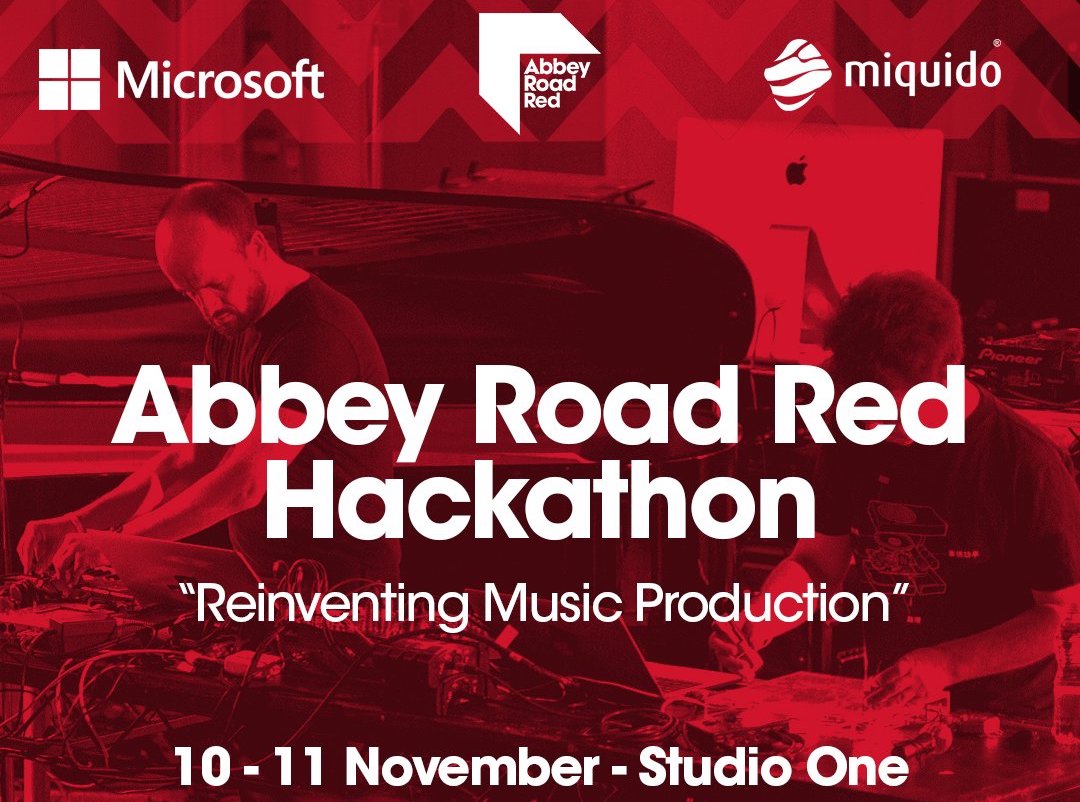 QxLab’s Alessandro Ragano was in London’s Abbey Road Studio with his team ‘the Tailors’. The ‘Tailors’ helped find a way to provide an artificial companion for singers and songwriters. Taking lyrics and sentiment using Microsoft’s Cognitive APIs.
QxLab’s Alessandro Ragano was in London’s Abbey Road Studio with his team ‘the Tailors’. The ‘Tailors’ helped find a way to provide an artificial companion for singers and songwriters. Taking lyrics and sentiment using Microsoft’s Cognitive APIs.
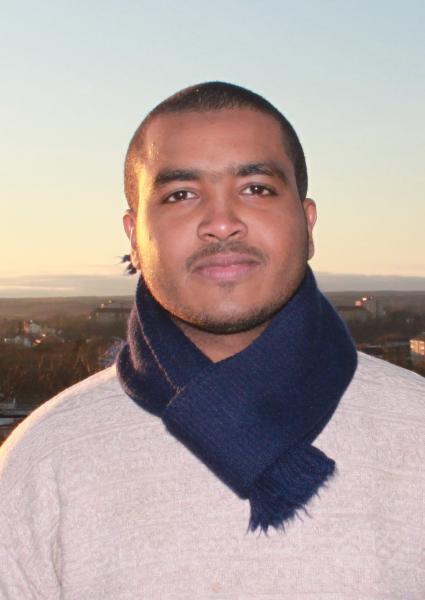 The SFI CONNECT research centre for future networks project has funded the recruitment of a new postdoctoral research fellow at QxLab. Dr AbuBakr Siddig completed a PhD at University College Dublin and an MSc in Blekinge Institute of Technology, Sweden. He brings experience in digital signal processing and 802.11 wireless networking to the group. Welcome AbuBakr!
The SFI CONNECT research centre for future networks project has funded the recruitment of a new postdoctoral research fellow at QxLab. Dr AbuBakr Siddig completed a PhD at University College Dublin and an MSc in Blekinge Institute of Technology, Sweden. He brings experience in digital signal processing and 802.11 wireless networking to the group. Welcome AbuBakr!
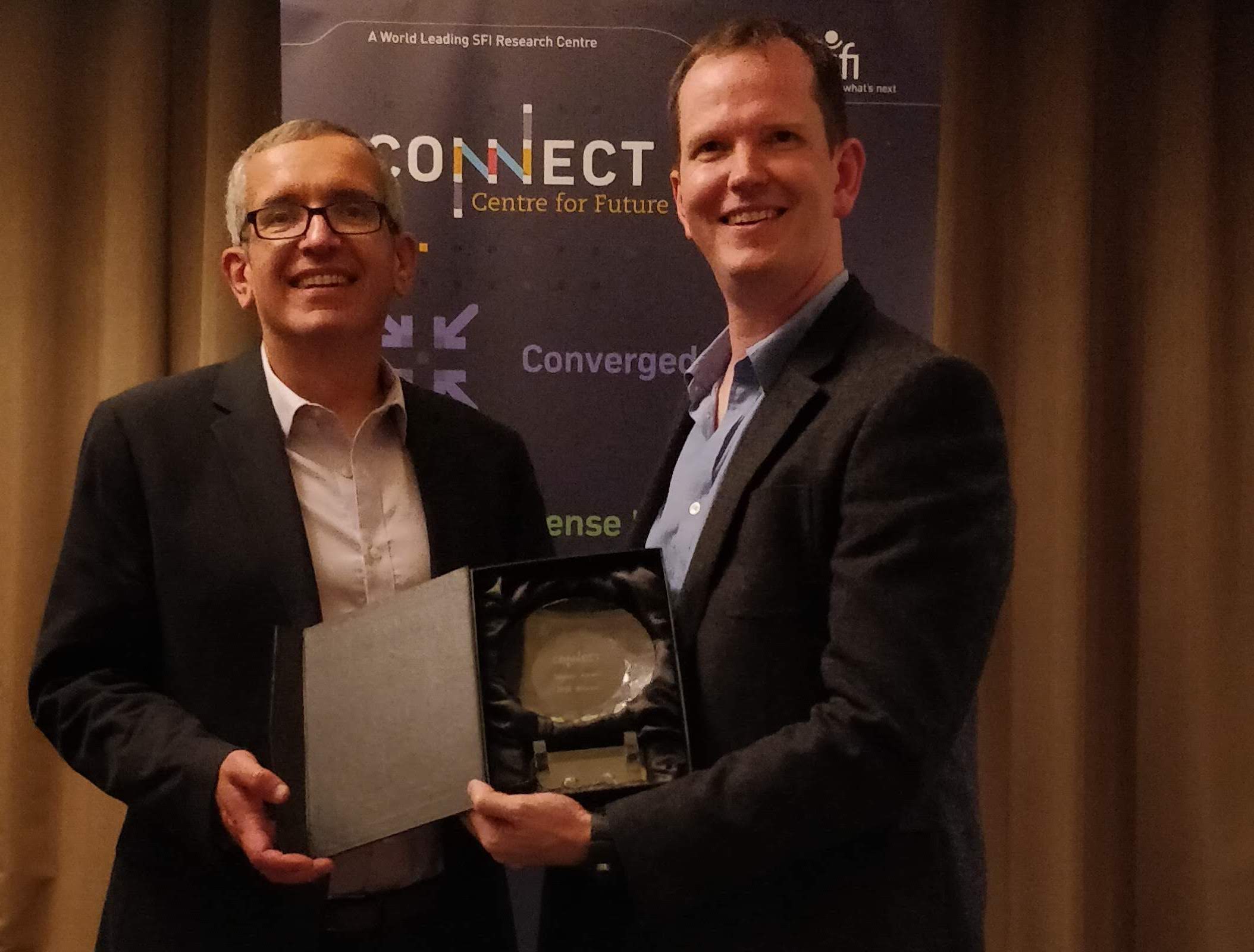 Dr Andrew Hines accepted the inaugural CONNECT Research Impact Award in recognition of a technique, developed in collaboration with Google, which is now used to assess the audio quality of YouTube’s most popular videos.
Dr Andrew Hines accepted the inaugural CONNECT Research Impact Award in recognition of a technique, developed in collaboration with Google, which is now used to assess the audio quality of YouTube’s most popular videos. As part of the SFI 2018 PhD Recruitment Programme, Dr Andrew Hines, who joined Insight@UCD as a funded investigator during the summer, has recruited Alessandro Ragano as a PhD student. After completing his MSc at Politecnico di Milano, Alessandro spent time as a research assistant at Fraunhofer IIS. He will be co-supervised by
As part of the SFI 2018 PhD Recruitment Programme, Dr Andrew Hines, who joined Insight@UCD as a funded investigator during the summer, has recruited Alessandro Ragano as a PhD student. After completing his MSc at Politecnico di Milano, Alessandro spent time as a research assistant at Fraunhofer IIS. He will be co-supervised by 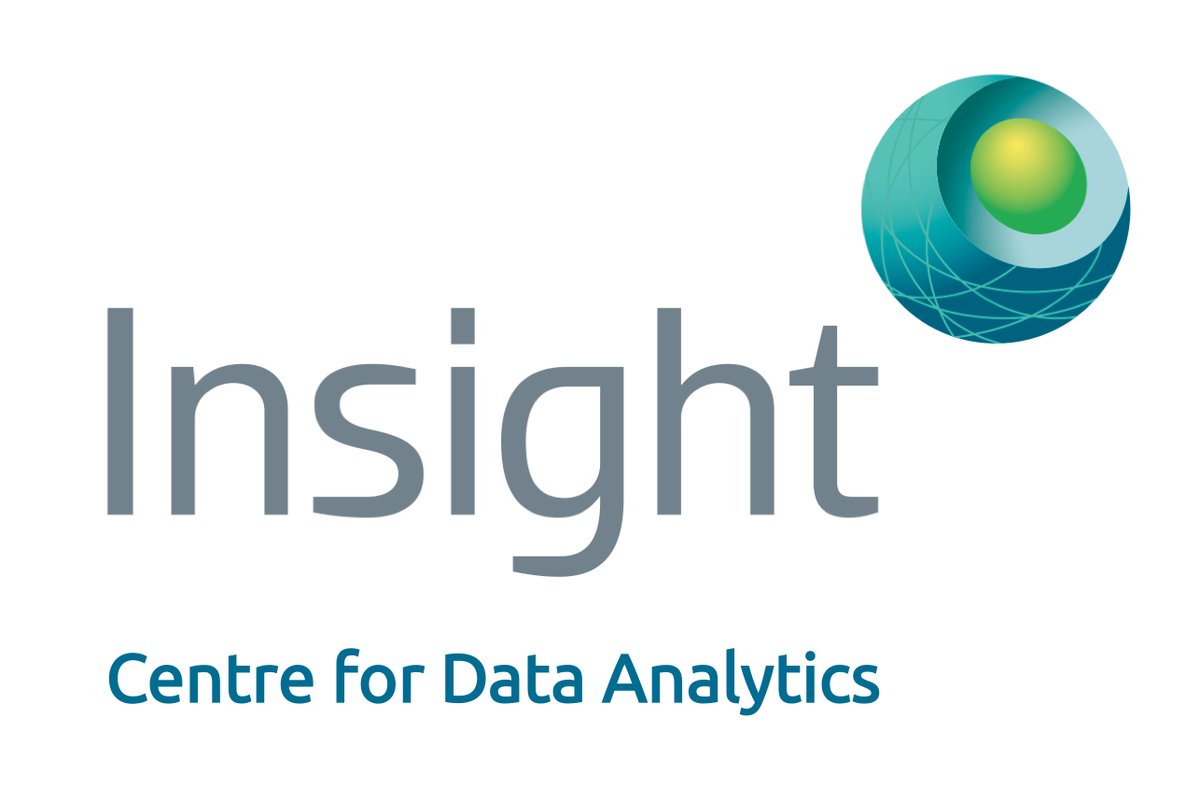
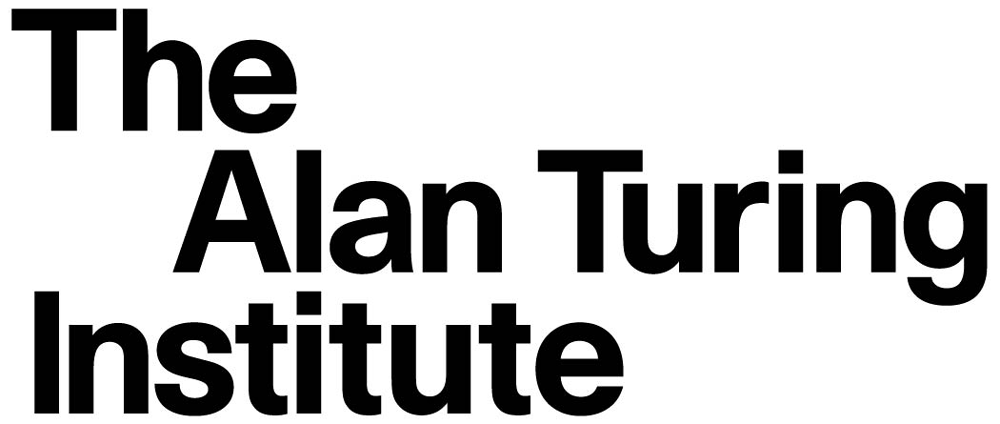
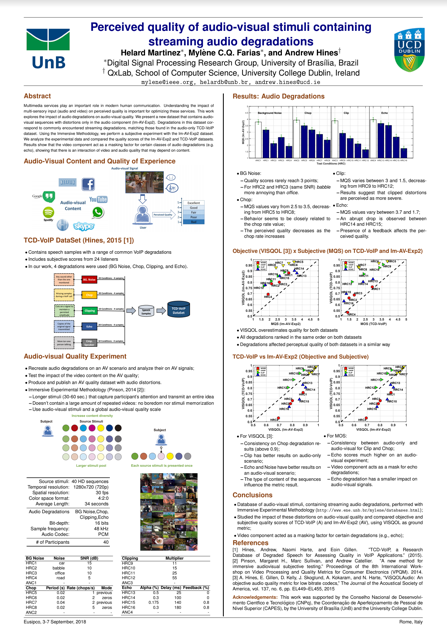 3-7 September 2018
3-7 September 2018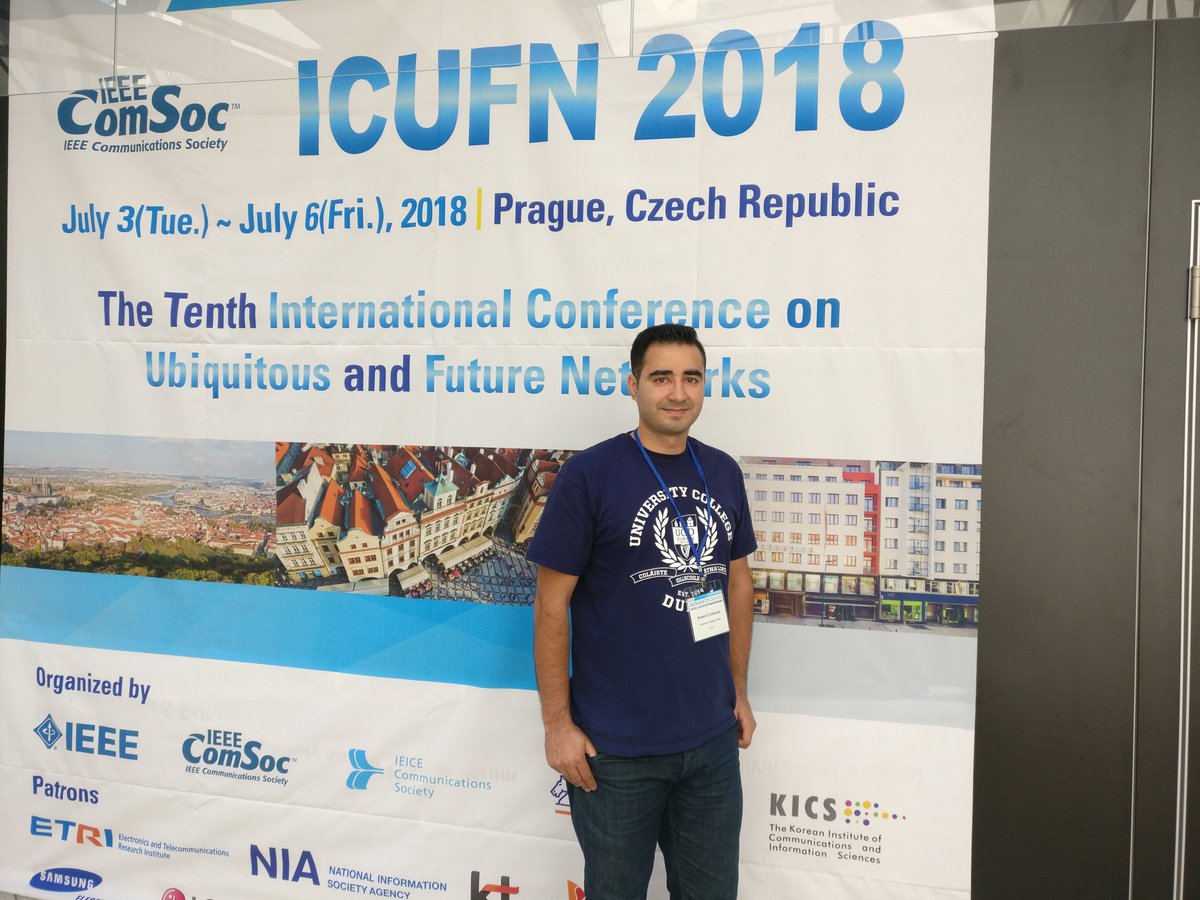
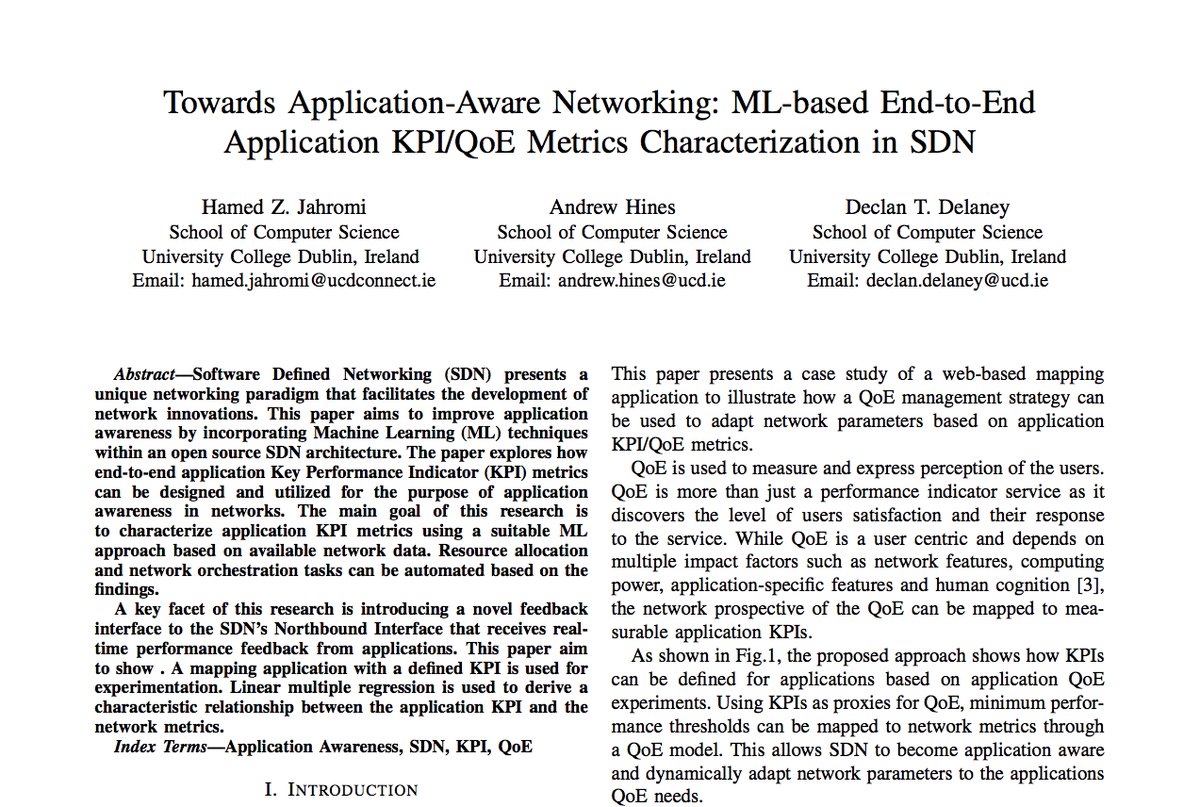
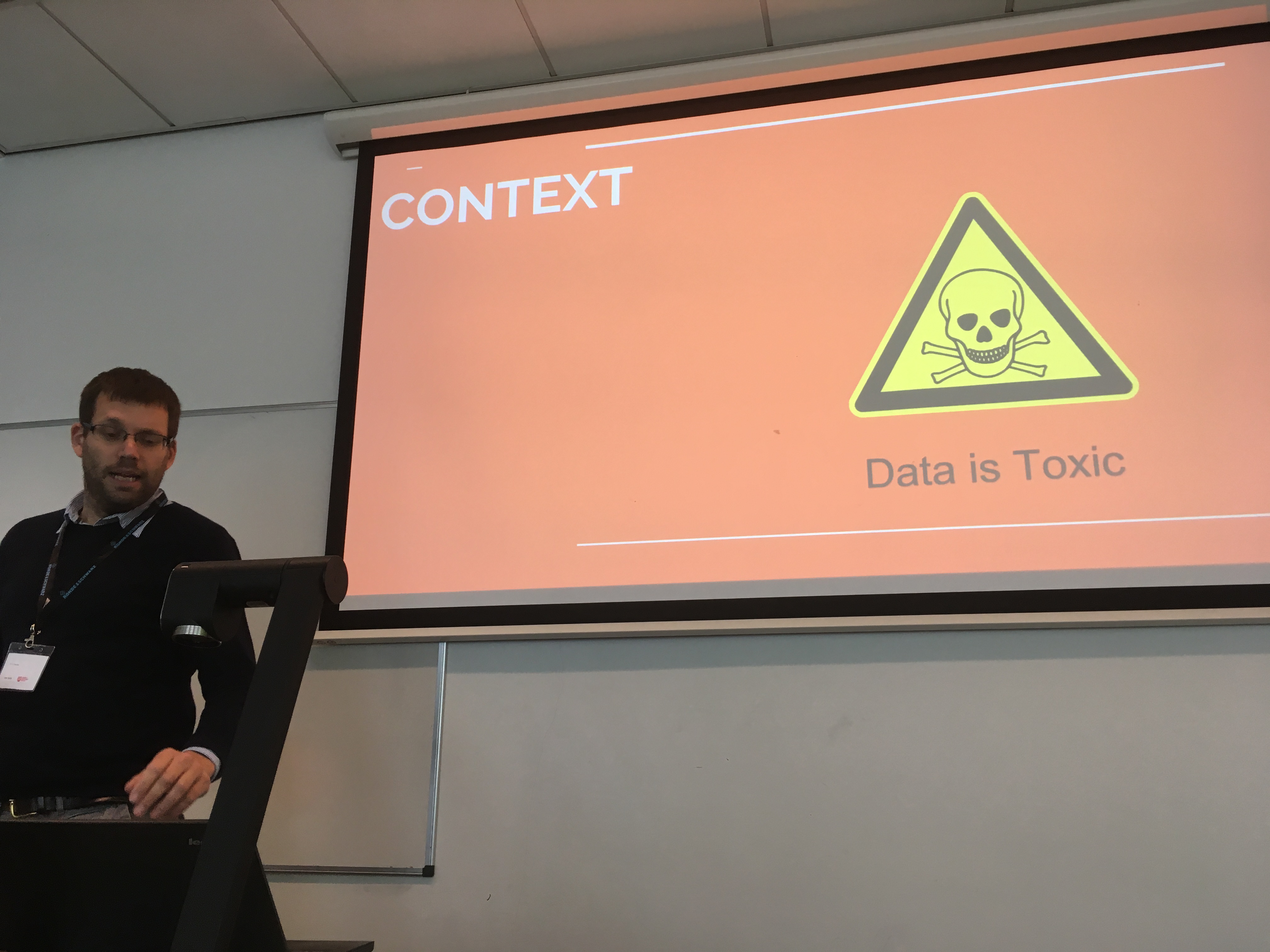
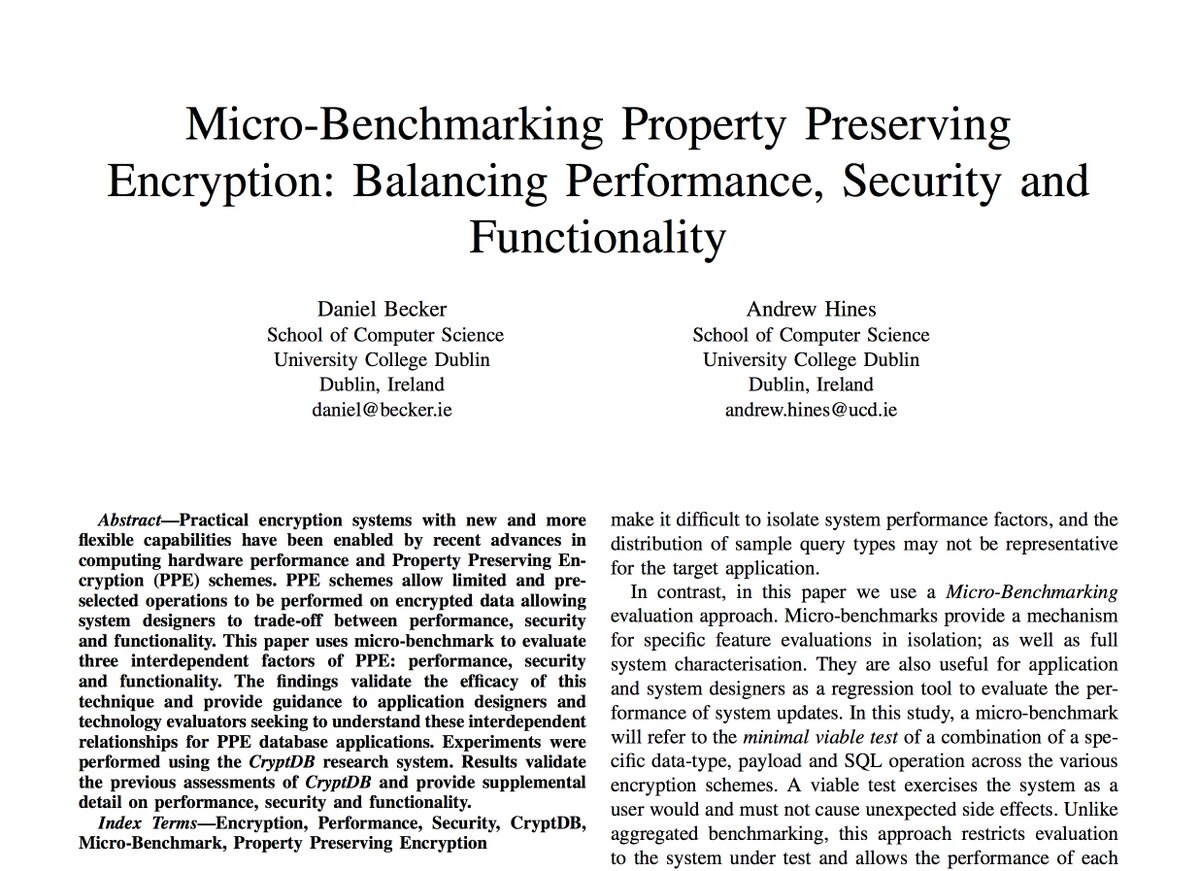
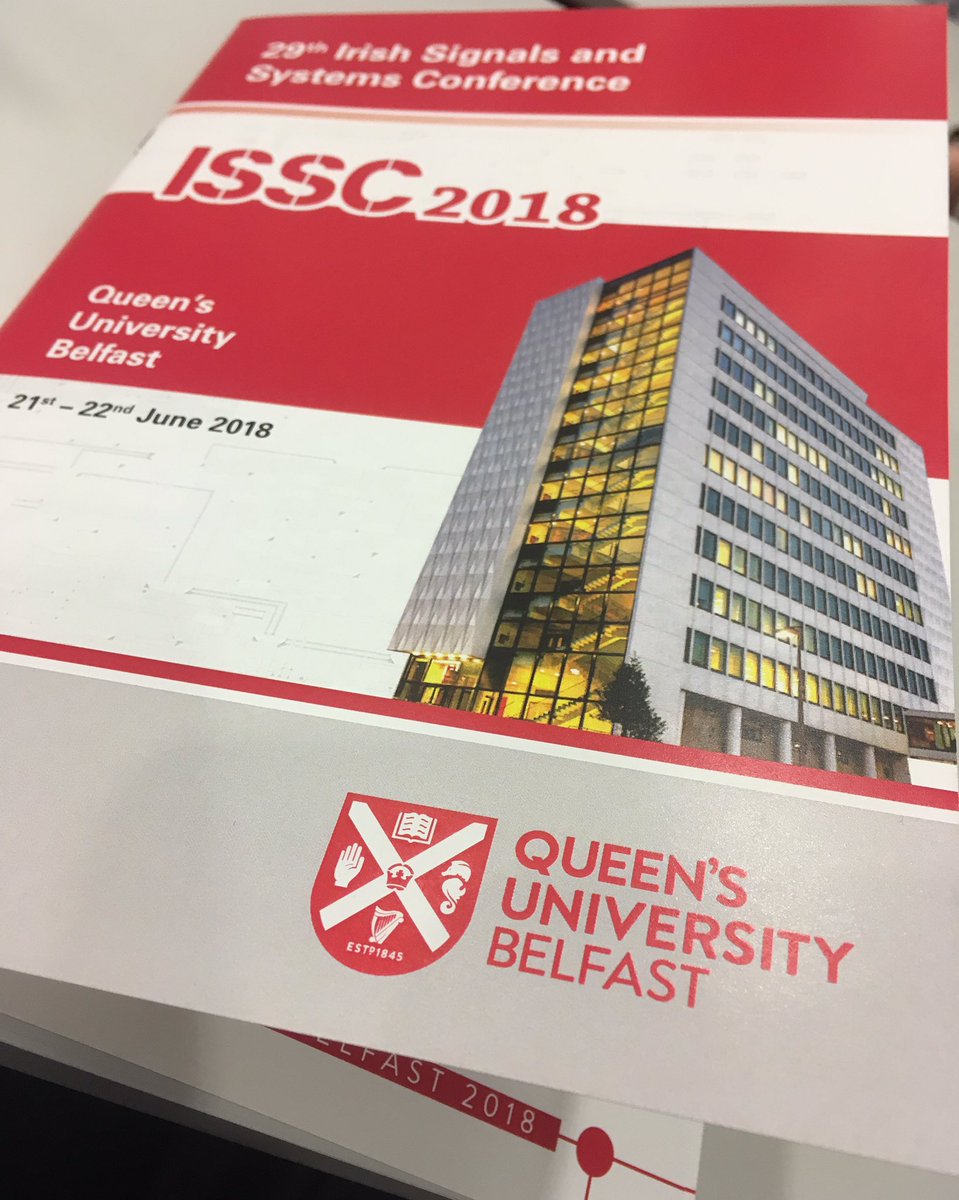
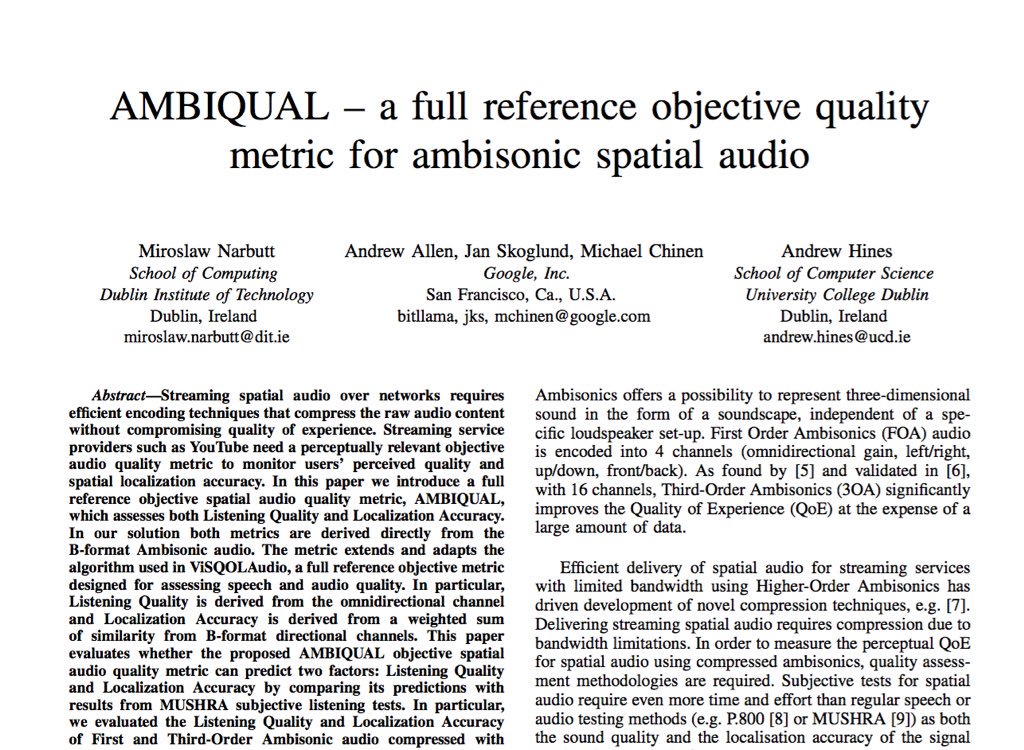
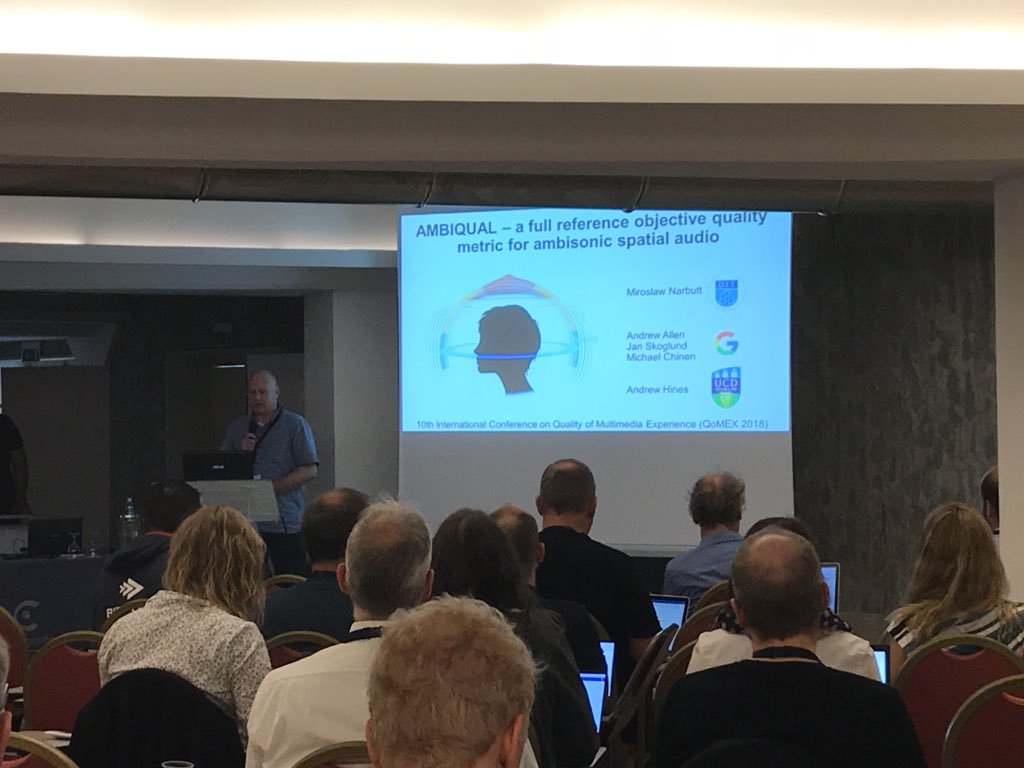


 American Chamber of Commerce.
American Chamber of Commerce. QxLab began life in Dublin Institute of Technology in 2015. It has moved to a new home in the School of Computer Science at University College Dublin. The majority of the lab have moved to UCD: PhD students Daniel Becker, Rahul Jaiswal and visiting researcher Helard Martinez. Research Fellow Dr Miroslaw Narbutt will be based at DIT will continue working full time with QxLab on a research project developing QoE models for ambisonic audio funded by Google, Inc. through the SFI CONNECT Research Centre.
QxLab began life in Dublin Institute of Technology in 2015. It has moved to a new home in the School of Computer Science at University College Dublin. The majority of the lab have moved to UCD: PhD students Daniel Becker, Rahul Jaiswal and visiting researcher Helard Martinez. Research Fellow Dr Miroslaw Narbutt will be based at DIT will continue working full time with QxLab on a research project developing QoE models for ambisonic audio funded by Google, Inc. through the SFI CONNECT Research Centre.